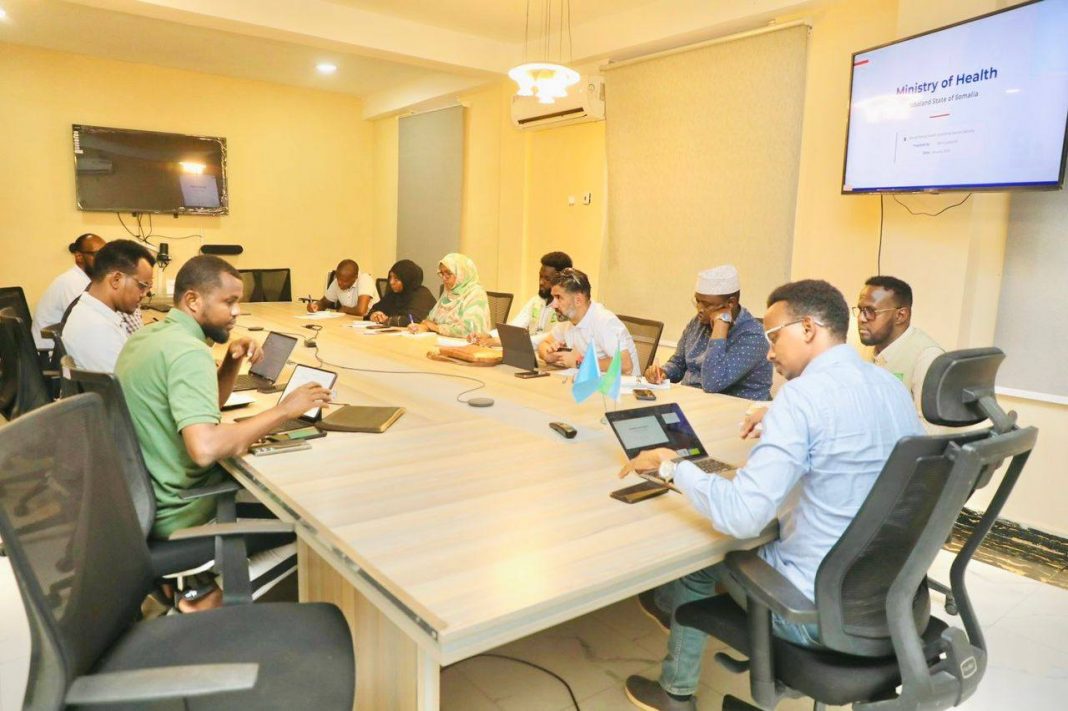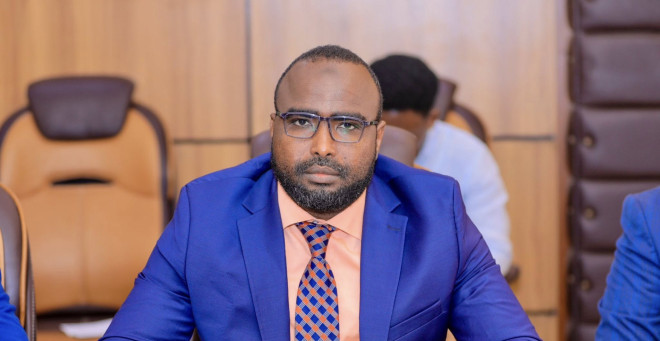Somali National Army conducts operations against Al-Shabaab in eastern Hiraan
Somali National Army conducts operations against Al-Shabaab in eastern Hiraan
Somalia, Russia sign MoU to strengthen bilateral health cooperation

Somalia has taken a historic step in strengthening accountability and human rights oversight with the appointment of Dr. Maryan Qasim Ahmed as Chairperson of the country’s first Independent Human Rights Commission. The newly established body is mandated to monitor, investigate, and report on human...

The Somali Federal Parliament has suspended 18 Members of Parliament and 2 Senators following serious disruptions during a joint parliamentary session. Parliamentary leadership announced strict bans and final warnings against those involved, stressing that the decision was taken to restore order, pr...

jubaland health ministry hosts solo and pious projects delegation to discuss healthcare improvements

jubbaland ministry issues urgent humanitarian appeal following al-shabaab attacks in kudha village

Uganda and Tanzania meet in a pivotal AFCON 2025 Group C match in Morocco, both chasing first points after opening losses, with long-standing rivalry...

Uganda and Tanzania meet in a pivotal AFCON 2025 Group C match in Morocco, both chasing first points after opening losses, with long-standing rivalry...